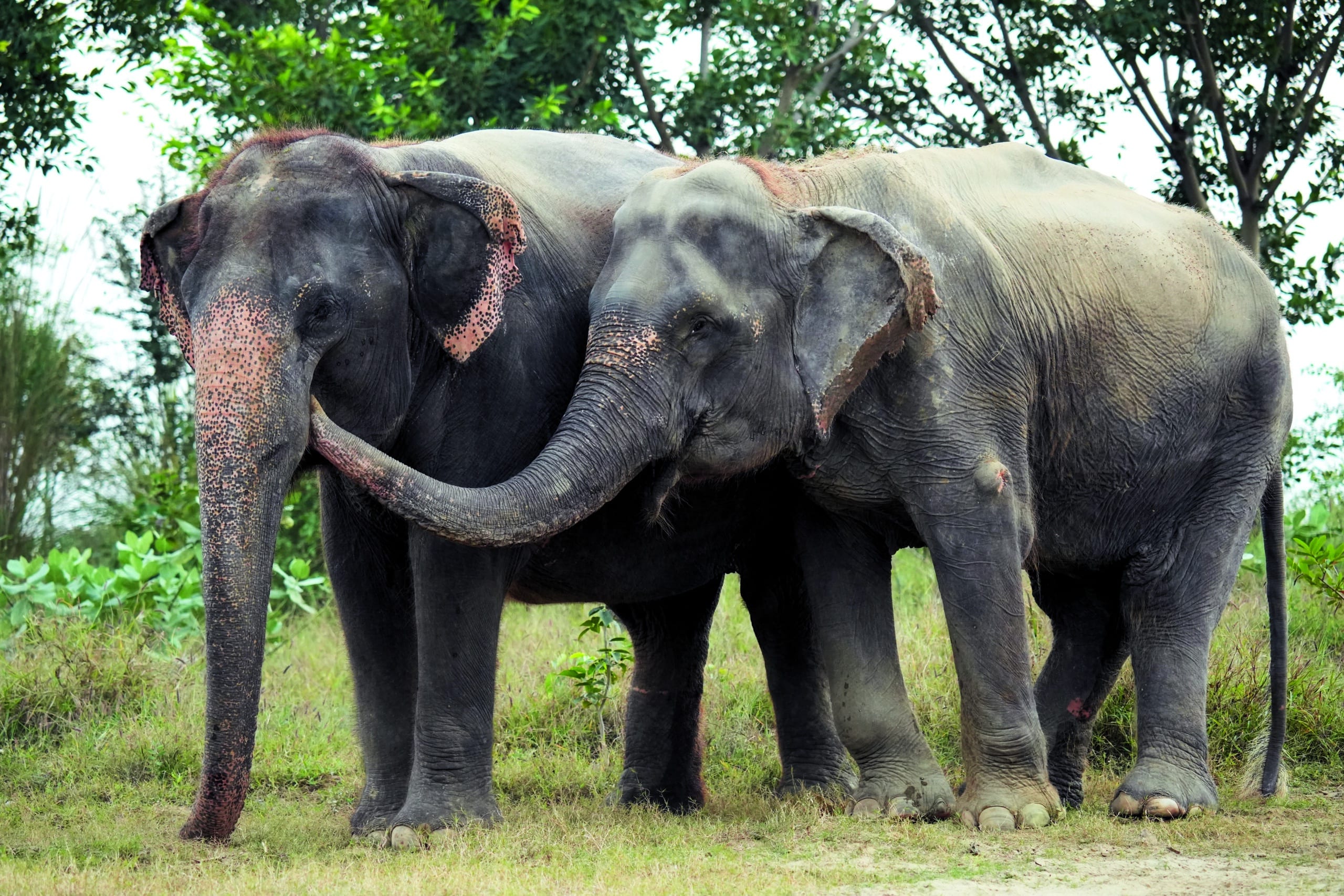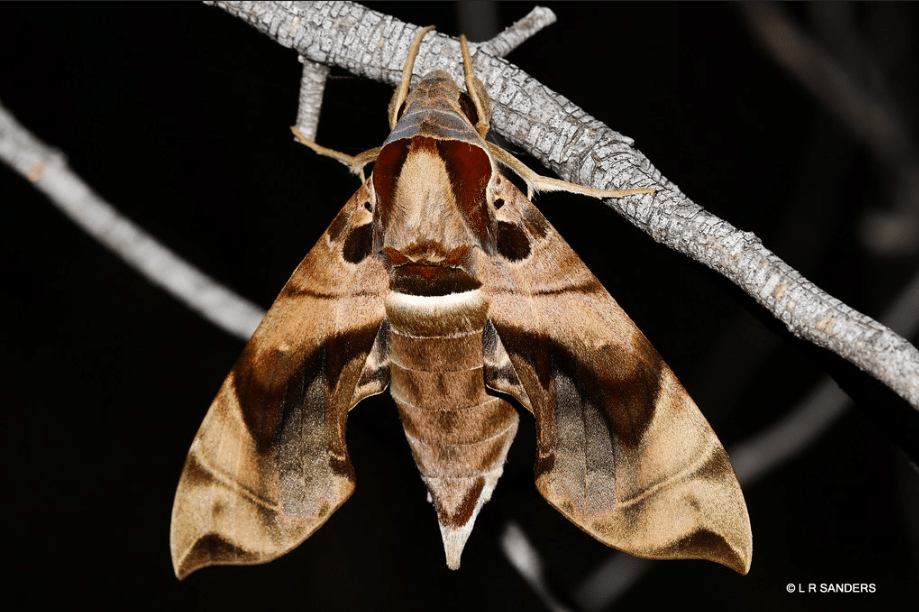You might remember Kalpana—I am happy to report that this year she celebrates her fifth rescue anniversary at Wildlife SOS. Formerly exploited and abused as a ‘begging’ elephant in Uttar Pradesh, Kalpana was rescued in 2019 and brought to the Wildlife SOS Elephant Hospital Campus (EHC) in Mathura for comprehensive...
The meat industry’s common practice of breeding broiler chickens to grow faster and bigger results in immense suffering and extremely poor quality of life for the animals, according to the largest study ever conducted on the topic.
The two-year study was conducted by researchers at the University of Guelph in Ontario, Canada, for the Global Animal Partnership, one of North America’s largest food labelling programs. It included 7,500 chickens from 16 genetic strains commonly used by meat producers on both large and small farms worldwide. The overwhelming majority of chicken meat sold globally comes from the faster-growing versions of the breeds tested.
Researchers found, among many animal welfare concerns, that the fast-growing strains of chickens had reduced mobility (as measured by the ability to walk over an obstacle, which other scientific studies have found is associated with the chickens being in pain). They were also more likely to have disproportionate heart and lung development and increased footpad lesions and burns caused by ammonia from the waste of other birds—a common problem when they are so tightly confined together.
In contrast, slower-growing strains of chickens tested in the same research trial had consistently better health and mobility. These birds take about two weeks longer to reach the same weight and are widely available for the chicken industry as an alternative to the faster-growing strains.
The 68 billion chickens slaughtered for their meat globally are supplied mostly by two chicken breeding companies, and researchers at the University of Guelph consulted them for the study. The researchers found that even when the chickens were raised according to the companies’ recommendations, the welfare of the birds remained poor. Were these birds to be raised under less exacting environmental and nutritional standards, the results for the welfare of the birds would be even worse.
While this study is important, none of these findings are shocking or new—we have long highlighted the extreme suffering of broiler chickens, and there have been many scientific studies that have arrived at very similar conclusions. A vast majority of chickens in commercial poultry production are bred to reach slaughter weight in as little as six weeks. Such selective breeding, preferred by the meat industry because it yields more breast meat, leaves young birds prone to painful physical and behavioural abnormalities.
In recent years, working with the Humane Society of the United States, Humane Society International and other allied animal protection organizations, hundreds of large food and hospitality companies have pledged to address the poor welfare of chickens in their meat supply chain as part of their corporate social responsibility commitments. We urge these companies to take note of the G.A.P. findings and end the use of fast-growing chickens.
As consumers, you, too, can bring about positive change, by educating yourselves on the conditions under which the meat you put on your table is produced, by choosing meats produced under higher welfare standards and by opting for more plant-based meals. There is too much suffering right now in chicken meat production, and each one of us can play a part in reducing it.
To subscribe to our blog click here.
Kitty Block is CEO of Humane Society International (HSI) Global.


